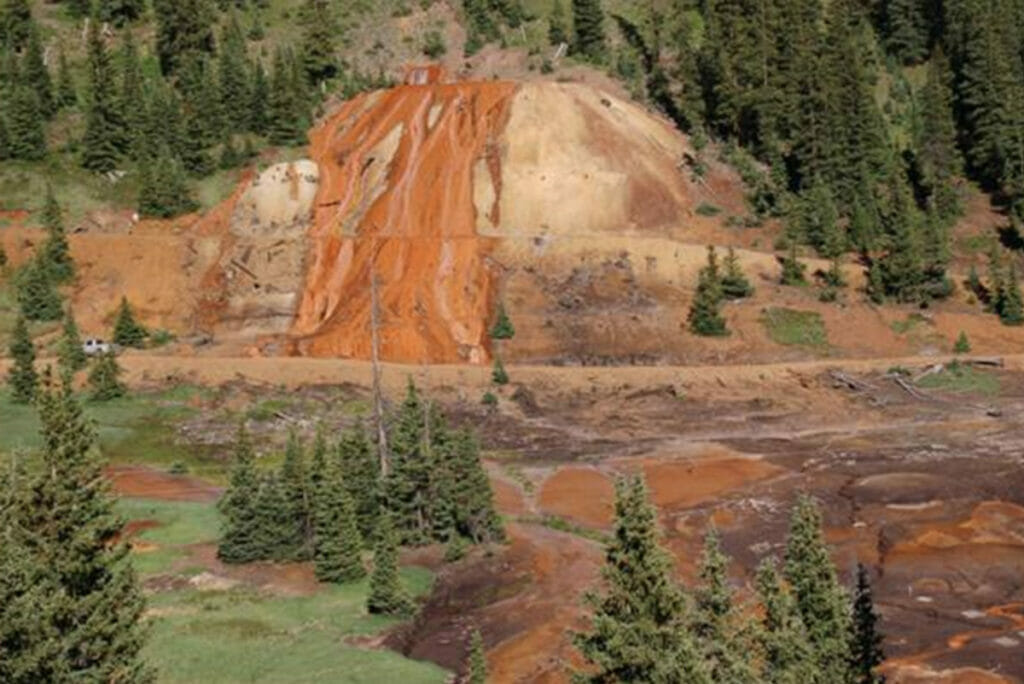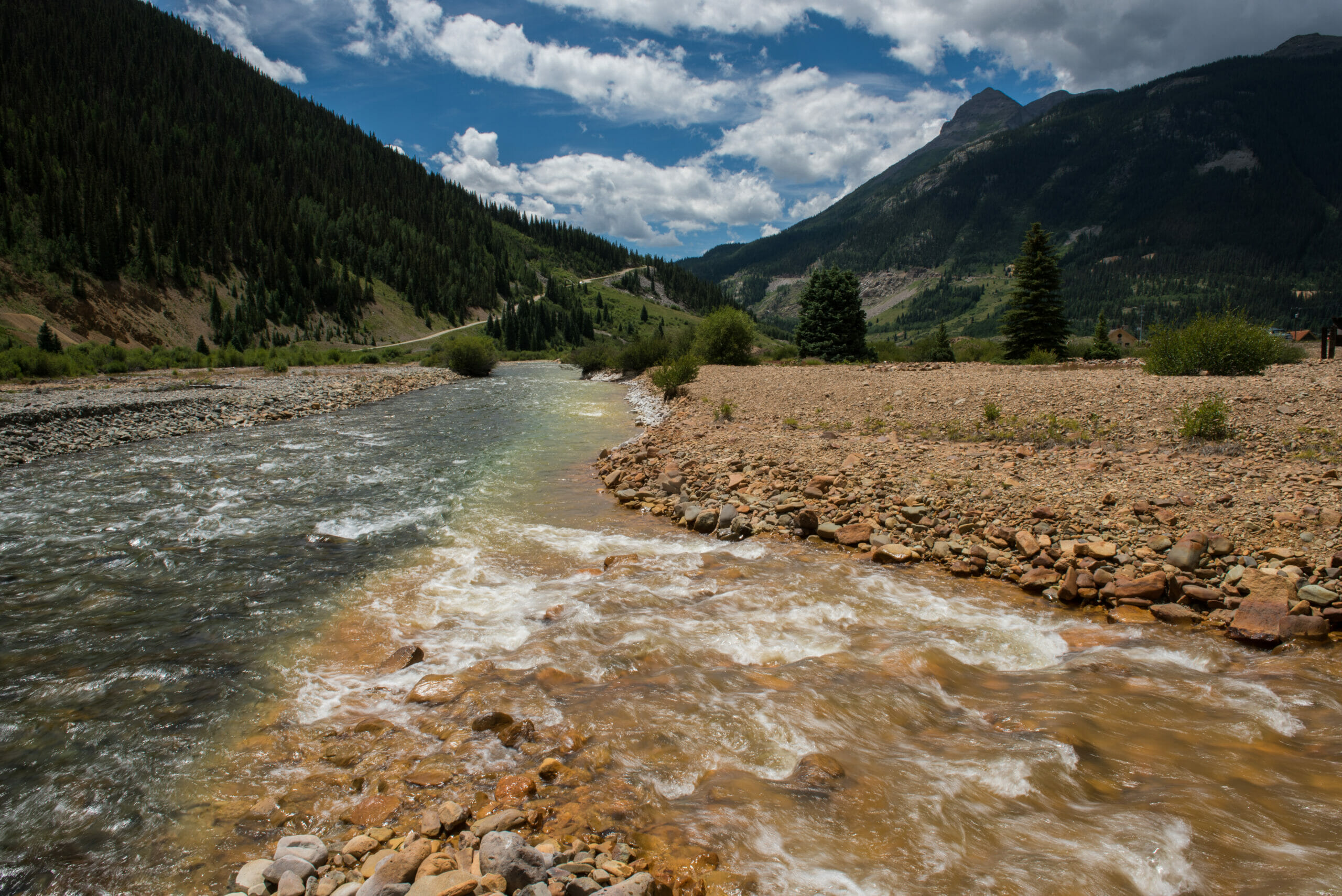
Help Pass Good Samaritan Legislation
Together we can clean up abandoned mines, but Congress must act.
Overview
Abandoned mine remediation experts at state agencies and conservation groups like Trout Unlimited know how to leverage public and private dollars to clean up abandoned mines, creating jobs and clean water along the way. However, federal laws treat non-liable third parties who want to voluntarily clean up abandoned mines – Good Samaritans – as if they themselves are polluters, greatly limiting clean-up efforts. Even when abandoned mine cleanups could greatly improve water quality at a so-called “point source” of pollution (like acid mine drainage leaking from a mine opening), meeting 100% of all federal water quality standards may not be feasible, leaving Good Samaritans exposed to legal liability including lawsuits and penalties under the Clean Water Act. The result is that abandoned mines that could otherwise be cleaned up go on polluting our water and communities, day after day, year after year.
We can solve this legal conundrum by passing legislation that provides bona fide Good Samaritans with reasonable and targeted liability protections while also holding them accountable to terms of their permits and all applicable environmental laws. Abandoned mines are a big problem, but with a little help from Congress, they are a problem we can tackle together.
Good Samaritans and abandoned mine cleanup
Trout Unlimited’s restoration specialists know how to leverage public and private dollars to fix degraded streams, creating jobs, and clean water along the way. We are eager to take on leaking abandoned mines, but under Federal law, groups who have no legal responsibility or connection to an abandoned mine (e.g. Good Samaritans) are deterred from cleaning up these messes due to the incredible liability risks.
We can solve this conundrum by passing legislation that provides bona fide Good Samaritans liability protections while also holding them accountable to terms of their permits. Abandoned mines are a big problem, but with a little help from Congress, they are a problem we can tackle.
Heavy metals & acidity
Miles
Streams that are currently listed by EPA as impaired for heavy metals or acidity
Miles
22,000 miles of native trout and salmon streams are impaired.
Miles
Important drinking water sources are found within 57,000 miles of impaired watersheds.
The Legal Conundrum
There are two types of hardrock mining pollution – waste rock piles and draining mine openings. The Clean Water Act addresses these differently, creating the need for Good Samaritan legislation.
Under current laws, Good Samaritans can and do perform ‘dry site’ projects that prevent contaminated waste rock from intermingling with water. For instance, a project might move waste rock away from streams, cap the waste rock with impermeable materials or haul waste rock away for dry disposal.
However, under the Clean Water Act, a mine discharging polluted water out a tunnel is considered ‘point-source’ pollution, meaning it is a contaminant that enters the environment from an easily identified and confined place. As such, a mine operator is required to obtain a discharge permit under the National Pollutant Discharge Elimination System and meet the conditions of the Clean Water Act with water treatment.
This is an effective system and necessary to maintain the health of our nation’s waters – except when there’s an abandoned mine with no entity legally responsible for the cleanup. In this situation, the liability for the pollution could transfer to the Good Samaritan, leaving them on the hook for any remaining pollution, even though they did not create the pollution in the first place and have made successful improvements to water quality with their remediation project.
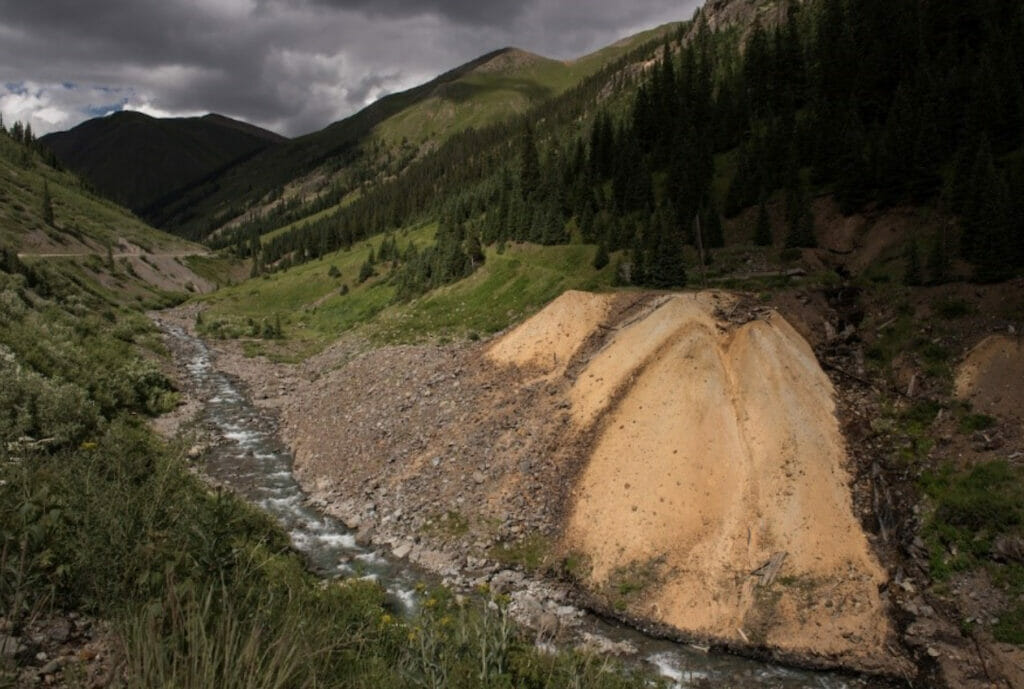
In most cases, the only way to meet Clean Water Act standards for acid mine drainage is through active treatment facilities, but the remote location of many abandoned mines precludes the use of active treatment systems. In these situation passive treatment technologies and nature-based solutions are the best and most cost effective way to improve water quality. This might include tumbling mine water over limestone rocks to lessen the acidity, and engineered wetlands or settling ponds to capture heavy metals.
These are the type of low-risk projects that Good Samaritan legislation would implement to help make our nation’s waters more swimmable, fishable and drinkable. But first, we need Congress to pass liability protections to make these projects a reality.
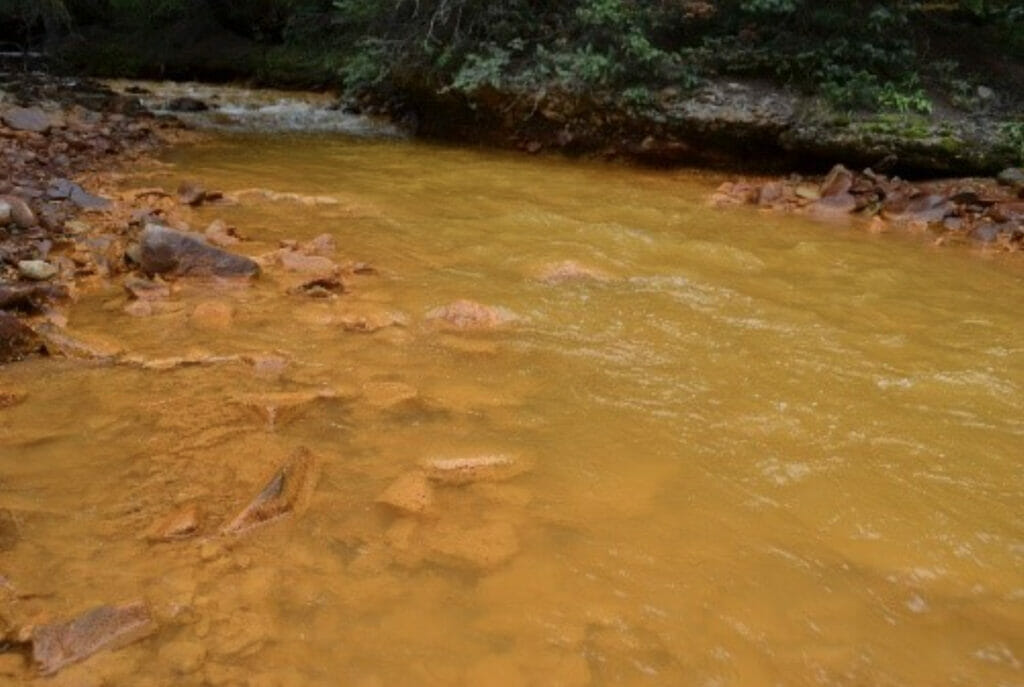
Resolving the Legal Problem
Good Samaritan legislation would establish a new pilot program administered by the Environmental Protection Agency to permit up to 15 Good Samaritan abandoned mine cleanups. Legislation would require remediation projects to pose a low risk to the environment and produce improvements in environmental conditions, while also stipulating requirements for public involvement, environmental review, public hearings and state and tribal consultation. If a permit is approved, qualified Good Samaritans would be provided with conditional liability relief, which will allow them to move forward with projects addressing harmful abandoned mine waste. Additionally, provisions specify that mining activities are strictly prohibited. Lastly, if a permit violation causes an uncorrected worsening of environmental conditions, all liability protections would be revoked and the permittee would be subject to all applicable environmental laws, including citizen lawsuits under the Clean Water Act.
Fixing a leaky problem
Mines
Number of abandoned mines in the United States of America
Billion
Estimated cost to clean up abandoned mines
Mapping
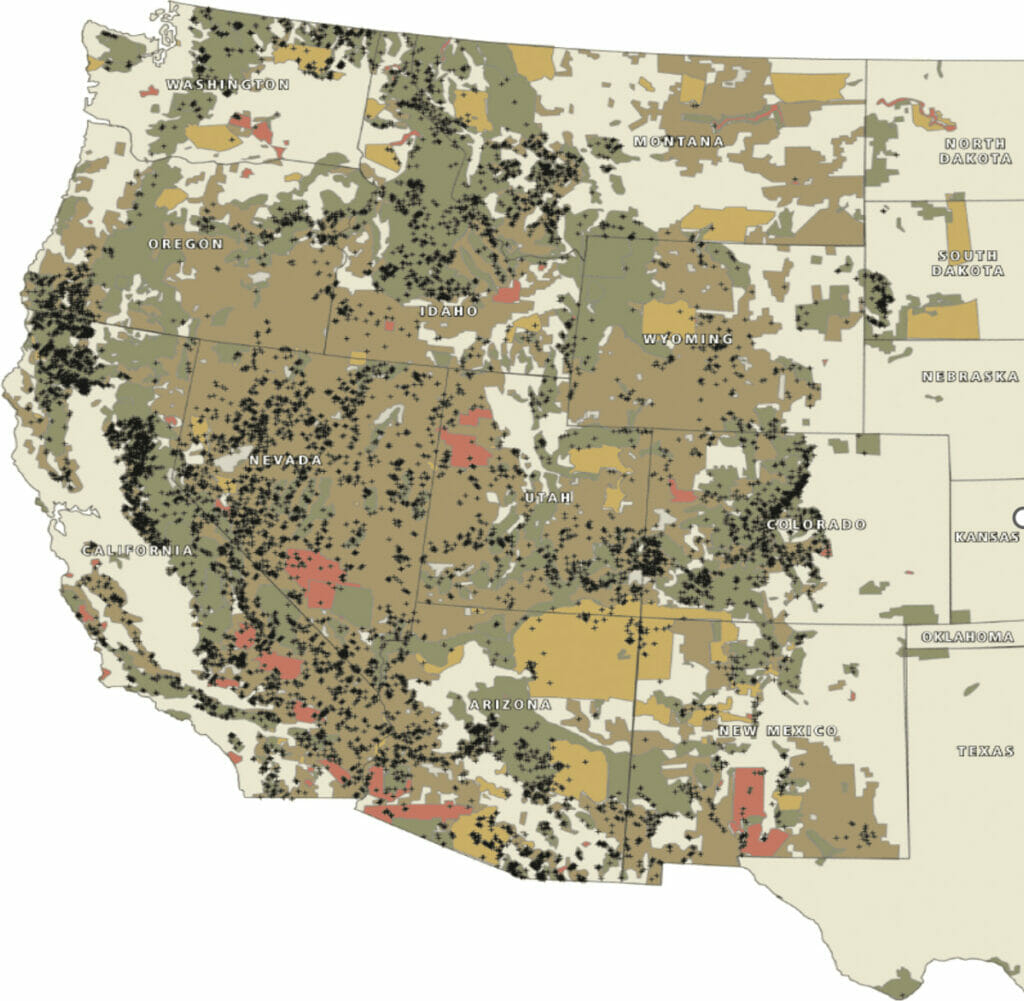
Mine pollution endangers fish
Fish kills
Skin damage
Impaired gill function
Smothered eggs
Spawning failure
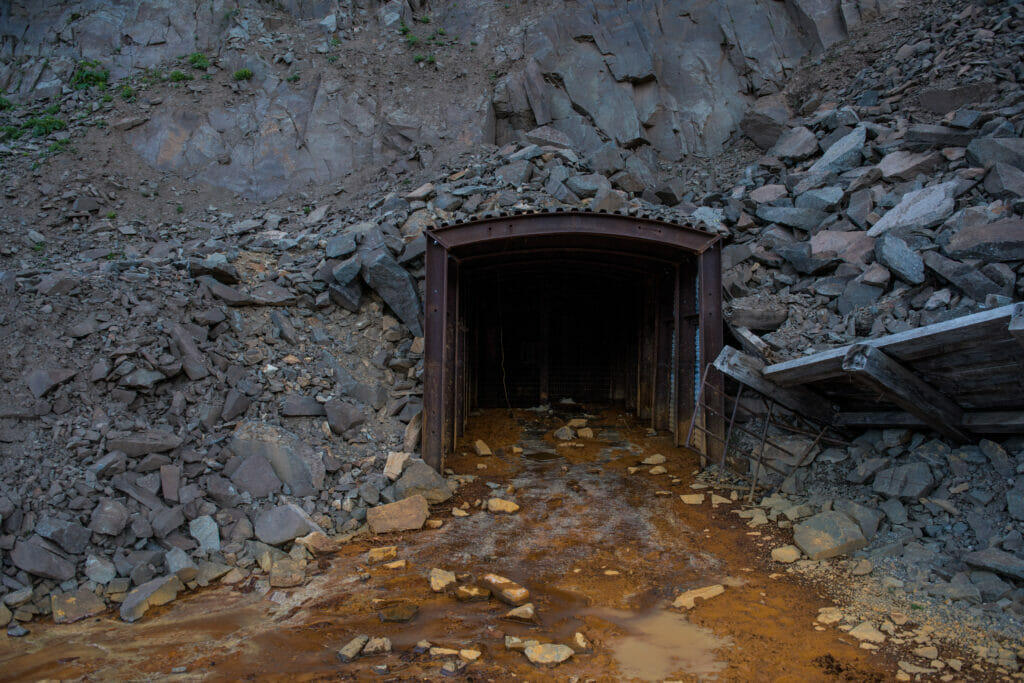
Supporters
[NOTE: Will be hidden until after bill indiction and reaffirming everyone's support]
- Sportsmen’s groups
- Outdoor recreation businesses
- State DEQs or other governmental orgs
- Economic interests
Take Action
Ask Congress for Help
Congress can help speed up efforts to clean up pollution from abandoned mines. Please take a moment to ask your representatives in Congress to act now.
